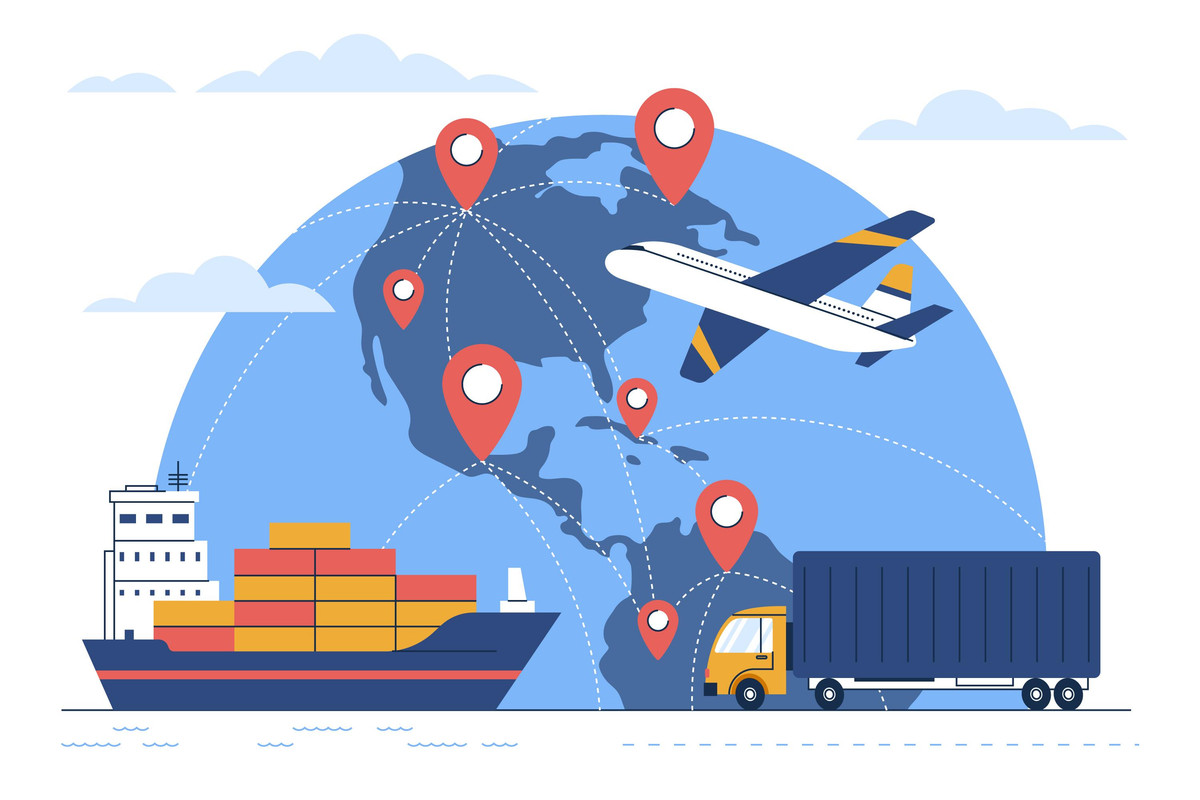
Understanding Tariffs
Import tariffs are state-enforced fees on imported goods. They are primarily intended to control imports and protect domestic industries. By raising prices for foreign goods, nations can promote domestic production.Tariffs change by goods category, country of origin, and trade agreements. For importers, this means understanding the HS code of your goods is crucial. Being aware about trade deals or issues is just as critical, as they can significantly impact tariffs.
Duties: The Cost of Compliance
Import duties are a type of trade tax but are often referred to as fees imposed on specific goods. For example, penalties for unfair pricing may target products sold below market value, while countervailing duties penalize subsidized imports in their country of origin. These measures are designed to ensure fairness for domestic producers.Grasping duty structures involves more than adding up fees—it also means understanding the rules for valuation. Most jurisdictions use the declared price (the price paid for goods) to determine import fees. However, extra costs like insurance, transport fees, or licensing fees might also factor into the duty assessment.
Import Taxes Demystified
Once your products clear customs, you’ll need to pay import taxes such as Value-Added Tax (VAT) or GST. These levies are typically imposed as a proportion of the overall cost of the products, including duties. Unlike trade taxes and customs fees, which aim to regulate trade, import fees are designed to generate revenue for the receiving country.For example, the EU charges VAT on most imports, and the rate is determined by local policies. Similarly, nations like copyright charge VAT or GST on foreign merchandise. Some nations also apply special fees on specific items like spirits, cigarettes, or luxury goods.
Tips for Importers
- Understand All Costs: Before making a purchase, research the relevant trade taxes, duties, and import fees for your goods and its source nation.
- Leverage FTAs: Explore whether a preferential trade deal exists between your state and the source country. FTAs can eliminate or waive duties for eligible products.
- Engage Professionals: Engage import specialists or trade consultants to ensure accurate documentation.
- Budget Carefully: Incorporate all associated charges into your pricing strategy to ensure accurate calculations.
The Bottom Line
Navigating import fees is more than just a financial exercise—it’s a necessary aspect of ensuring business success. By keeping updated about International Logistics, you can reduce expenses, avoid penalties, and streamline your operations. Keep in mind, knowledge is power in the complex world of international trade. Arm yourself with essential insights, and watch your business thrive.